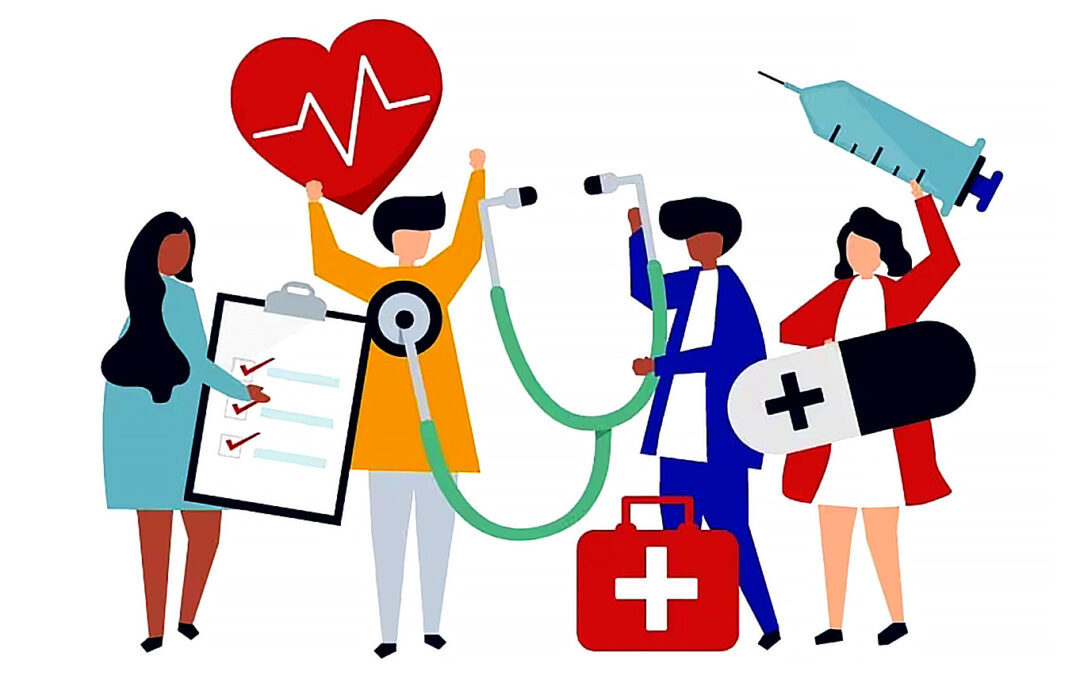Introduction
As the demand for healthcare services continues to rise globally, there is an urgent need to ensure that healthcare systems are not only effective in delivering care but also sustainable in their use of resources. Resource effectiveness in healthcare involves optimizing the allocation and utilization of resources to maximize health outcomes while minimizing waste and environmental impact. In this article, we explore the concept of resource effectiveness for sustainable healthcare and examine strategies to promote efficient resource management within healthcare systems.
Understanding Resource Effectiveness in Healthcare
Resource effectiveness in healthcare encompasses various aspects, including the efficient use of financial resources, medical supplies, energy, water, and human capital. It involves striking a balance between meeting the healthcare needs of populations today while safeguarding resources for future generations. Key components of resource effectiveness include:
- Financial Efficiency: Efficient allocation of financial resources involves prioritizing investments in healthcare interventions that offer the greatest health benefits relative to their costs. This may involve shifting resources towards preventive care, primary healthcare, and evidence-based interventions that deliver high value for money.
- Optimal Use of Medical Supplies: Healthcare facilities must ensure the judicious use of medical supplies, including medications, medical devices, and consumables, to minimize waste and reduce costs. Strategies such as inventory management systems, standardization of supplies, and recycling/reuse programs can help optimize the use of medical resources.
- Energy and Water Conservation: Healthcare facilities are significant consumers of energy and water resources, contributing to environmental degradation and climate change. Implementing energy-efficient technologies, renewable energy sources, water-saving measures, and sustainable building design can reduce the environmental footprint of healthcare operations.
- Human Resource Management: Efficient utilization of healthcare workforce involves ensuring that healthcare professionals are deployed effectively, trained adequately, and empowered to deliver quality care. This may include workforce planning, task-shifting, continuing education programs, and fostering a culture of innovation and teamwork.
Strategies for Promoting Resource Effectiveness
- Embracing Digital Health Technologies: Digital health technologies, such as electronic health records, telemedicine, and health information systems, can improve the efficiency of healthcare delivery by streamlining administrative processes, reducing paperwork, and enhancing communication between healthcare providers and patients.
- Value-Based Healthcare Delivery: Shifting towards a value-based healthcare model, which emphasizes outcomes and patient satisfaction over volume of services provided, can incentivize healthcare providers to deliver high-quality, cost-effective care. Payment models such as bundled payments and pay-for-performance arrangements can align incentives with desired outcomes.
- Collaboration and Integration: Collaboration between healthcare providers, policymakers, academia, and industry stakeholders is essential for identifying and implementing strategies to improve resource effectiveness in healthcare. Integrated care models that coordinate services across the continuum of care can reduce duplication of services and improve care coordination.
- Continuous Quality Improvement: Adopting a culture of continuous quality improvement within healthcare organizations can drive efficiency gains and promote innovation in healthcare delivery. Quality improvement initiatives, such as Lean Six Sigma methodologies, performance benchmarking, and clinical pathways, can identify inefficiencies and streamline processes.
Conclusion
Resource effectiveness is a fundamental principle of sustainable healthcare that requires a multifaceted approach involving stakeholders at all levels of the healthcare system. By optimizing the allocation and utilization of resources, healthcare systems can improve the quality, accessibility, and affordability of care while minimizing their environmental impact. Embracing innovative technologies, value-based care models, collaboration, and continuous quality improvement are key strategies for promoting resource effectiveness and building a more sustainable healthcare system for future generations.

